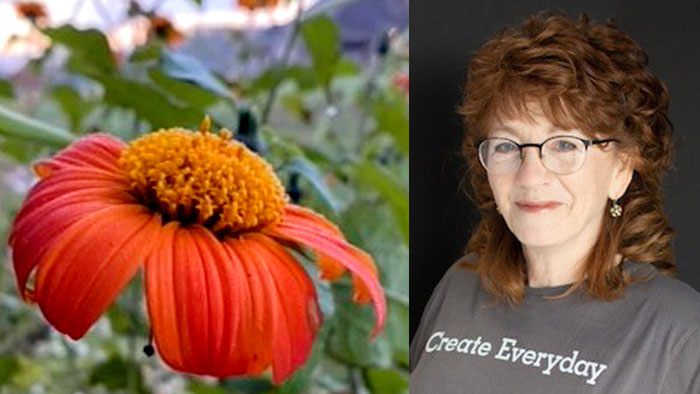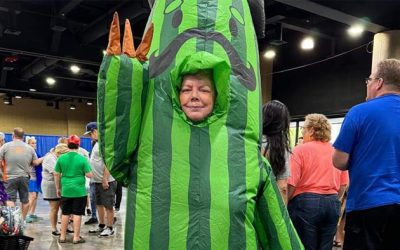The day after my liver transplant, as the fog of anesthesia cleared, a cloud of deep sorrow settled in its place. As days turned to weeks, I regained physical stability, but my emotions remained shaky. I wrestled with guilt and gratitude. Someone, somewhere had lost a loved one and because of this I got to live. I had survivor’s guilt.
During a counseling session, the therapist shared an interesting perspective. She said, “…this individual, either choosing beforehand to be a donor, or through the kindness of their family, gave a gift freely and without conditions. You, as the recipient of this gift of life and love, have only one response that could ever be enough. Live your life to the fullest, and love unconditionally, as someone did for you. That’s the only way you could ever respond properly to that gift.”
 Her advice helped with my struggle, and I looked for ways to carry out just that. A little over a year after my transplant, I felt like I finally had something more than the words “thank you” to convey, so I wrote and mailed the donor’s family a letter with my condolences and gratitude. And I closed with:
Her advice helped with my struggle, and I looked for ways to carry out just that. A little over a year after my transplant, I felt like I finally had something more than the words “thank you” to convey, so I wrote and mailed the donor’s family a letter with my condolences and gratitude. And I closed with:
In honor of your loved one, my husband and I planted a memorial garden. It contains 400 spring bulbs and thousands of summer wildflower seeds in a 40’ x 4’ strip in our backyard. It should grow into a colorful tribute to your person who so selflessly gave me a second chance to live.
— With all my love forever, Bex
The garden is and remains, a continuous cycle of life and love.



